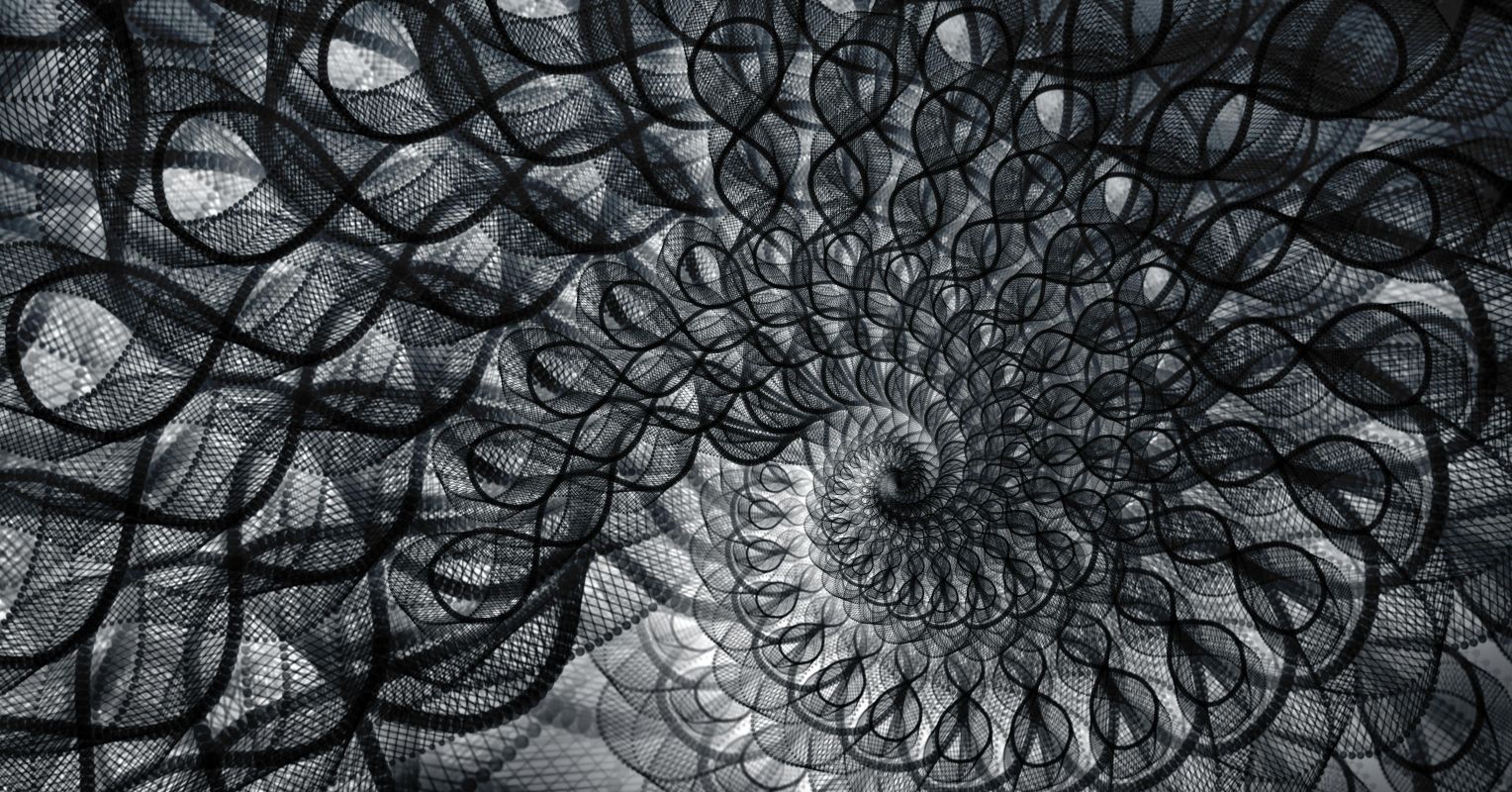
"Consider what happens when you observe anything external to yourself. Light reflects off an object, travels through space, enters your eye, and triggers photoreceptor cells. These generate neural signals that journey through multiple processing stages in your visual cortex, integrate with other sensory information and memory, and finally produce the conscious experience of "seeing." That's extraordinary mediation. Multiple transformation layers where information gets filtered, compressed, interpreted, and reconstructed. By the time you "see" something, you're experiencing a highly processed representation, not the thing itself."
"We've been taught to distrust our inner worlds. Scientific rigor demands external measurement, controlled experiments, objective instruments. Introspection seems subjective, unreliable-the antithesis of empirical observation. We trust microscopes over meditation, data over daydreams. Up front, this isn't about mysticism. It is about hard empiricism, positivistic to the quick. When one introspects-when we observe our own mental processes-we are engaging in the most direct empirical observation available to us."
Inner experience is frequently deprioritized in favor of external, instrument-based measurement and controlled experiments. External perception undergoes extensive mediation: light, photoreceptors, neural signaling, multi-stage cortical processing, and integration with memory produce a constructed, compressed representation rather than the object itself. Introspection involves noticing thoughts, emotions, and attentional shifts where the neural events that constitute those contents more directly become the awareness of them, with fewer transformation layers. That reduced mediation makes introspection a candidate for direct empirical observation. Mental phenomena are physical and therefore subject to physical constraints and lawlike regularities.
Read at Psychology Today
Unable to calculate read time
Collection
[
|
...
]